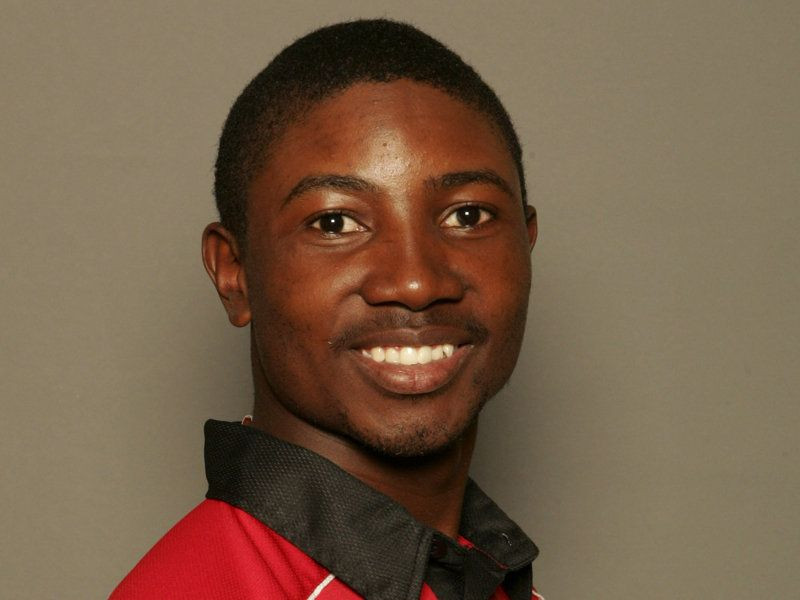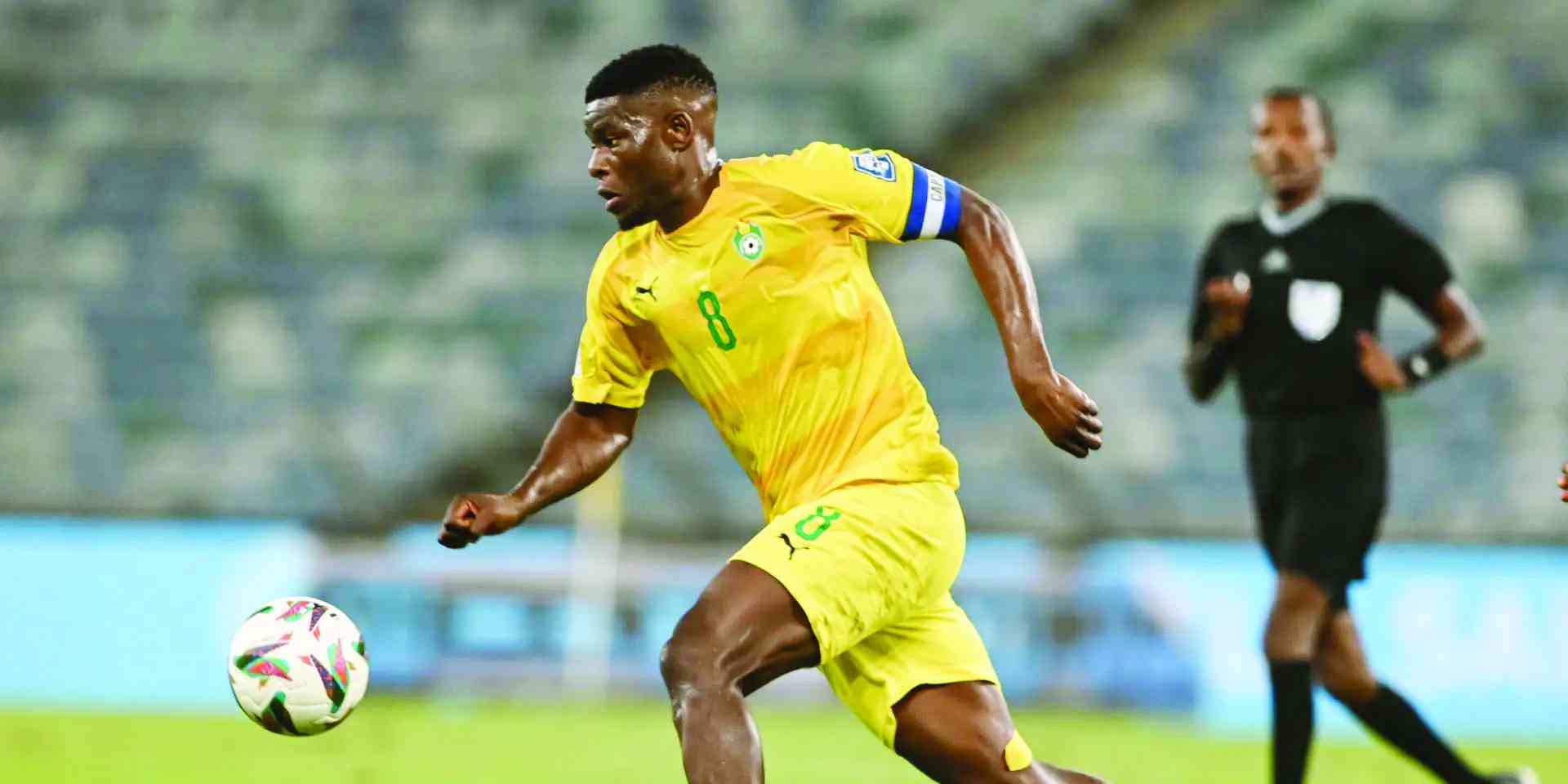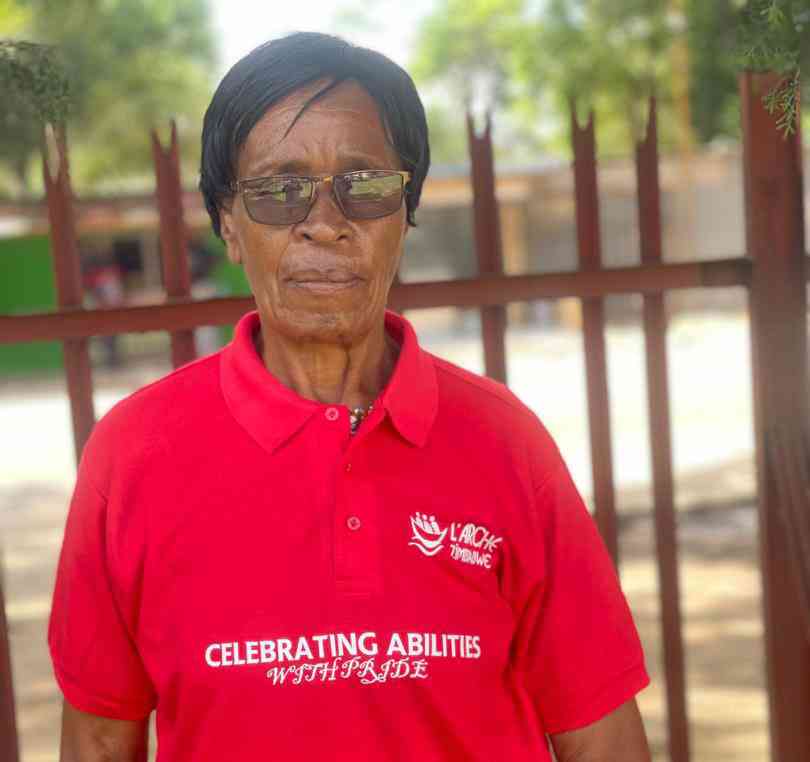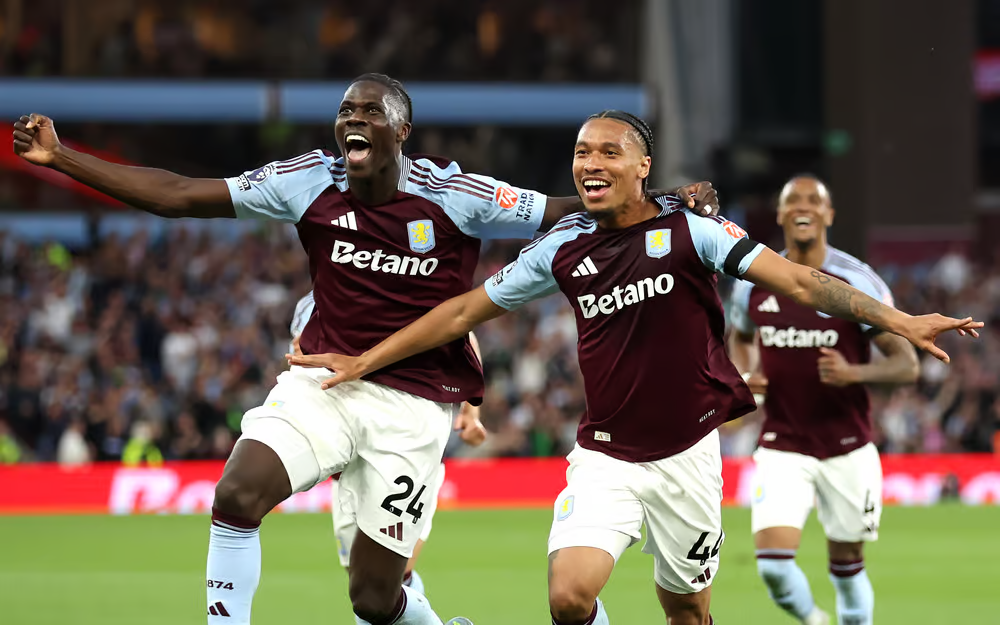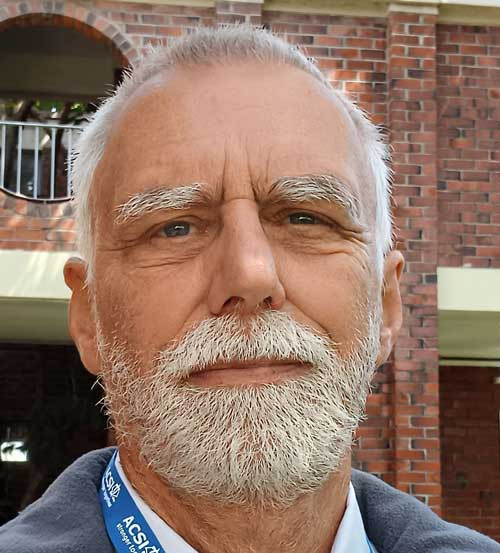
Right now, happening around the world there are major international soccer tournaments (European Championships, Copa America, Cosafa, you name it); we have just had the cricket T20 World Cup; the Olympic trials are happening in readiness for the event itself; the Tour De France has started; Wimbledon is in full flow; major rugby internationals are happening in the southern hemisphere – and no doubt more.
In all of them, players and fans are desperate for their side to win and seemingly total experts in their analysis of matches.
In so many schools around the country, there are inter-school fixtures (not to mention inter-provincial and even international fixtures) taking place in numerous different sports on almost every day of the week, with parents and schools alike paying close attention to the results and even judging schools on the basis of their sporting results.
Parents pound the touchlines, scream instructions (often contrary to the coach’s), argue with opponents, question officials (though they have had no training in officiating), lay bets with their friends.
All this when in reality the fixtures are not for the parent’s entertainment, nor for the coach’s ego or for the school’s reputation – they are for the children’s education, no matter the result.
Parents (and let us be honest, in many cases, schools as well) often see such sporting fixtures inappropriately, as if they are professional international matches.
However, they all perhaps need to heed another crucial point that Roger Federer, the tennis ‘great’, made at a recent university graduation (referred to in a previous article); it is one that we all need to hear, understand and incorporate in our lives.
Very simply but succinctly, he said that “life is bigger than the court”; there are more important things than winning matches or tournaments.
- School of sport: Life is bigger
Keep Reading
Yes, there are more important things than winning matches and tournaments.
Recent events should have highlighted this most poignantly.
A few weeks ago, two school teams played an exciting, passionate rugby match here in Harare but on the return bus trip, one of the buses taking the away team home overturned, injuring many (miraculously, plus with the skill of the driver, not more), causing nightmares for all and killing one young man.
One afternoon he was hurtling around the rugby field in pursuit of the ball and the victory; twenty-four hours later he was thrown around the bus and passed away.
What significance does sport have in an incident like that?
Why does it take such an accident to make us wake up and realise this?
If we cannot understand that school sport in particular is primarily about learning (not winning or losing), which is, after all, the very essence of school, then surely we can pause a moment and try and see things, sport in particular, in perspective.
In the light of the loss of life or injuries, does it really matter who won the match on the Saturday?
Is it really a matter of any significance if we won, scored, remained unbeaten, outwitted our rivals? Will we gain an extra day in our life from that?
Will we put rugby results on our CVs? Will those rugby results or records win those youngsters a future wife?
Will the fact one team beat another help the winners gain a job or deprive the losers of that job?
Seriously?
In expanding on his theme, all of which has huge relevance for our children today, Federer said, “Tennis showed me the world but it never could be the world”.
Indeed, he added, “be a great sportsman when it is sport time; be a great academic when it is time to study; be a great person all the time”.
The latter is what is most important.
He was deeply humbled having to explain to children in poor areas of the world what tennis was, as they had never seen it and so cared little for it.
We take sport and school sport far too seriously.
The foul-mouthed, drink-induced ranting, the personal threatening, the arrogant gloating, the constant offering of scholarships to children to lure them to a school, so the school can improve their reputation, must be seen for what it all is – pathetic, immature, irresponsible, insignificant.
Life is bigger than a sports field; there are far more important things.
The world is a much bigger place with much bigger issues to face and conquer. Serving, as in tennis, is crucial in life; indeed, there is no point without it.

